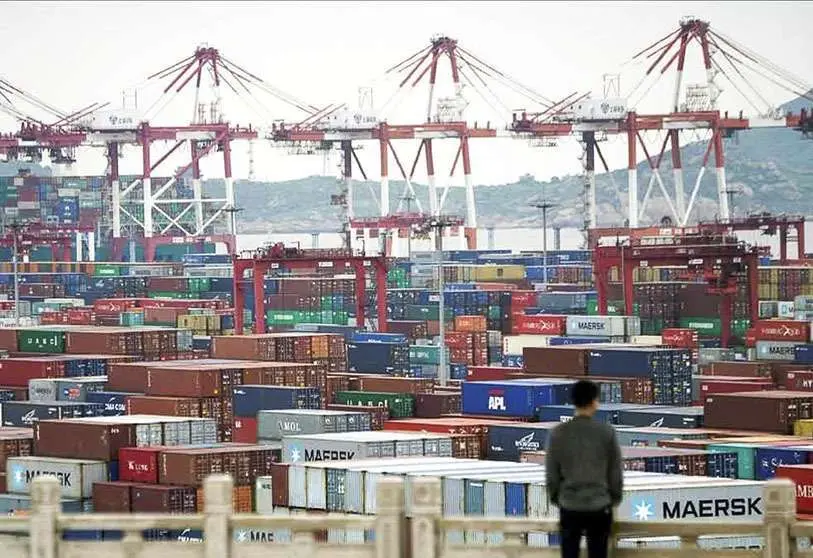Protectionism could cost the world economy $10 trillion by 2025

A new report by the Boston Consulting Group (BCG) and HSBC predicts that the world economy could lose up to $10 trillion in GDP by 2025 unless governments repeal or reduce the tariffs and non-tariff barriers that currently obstruct global trade in goods.
The paper, entitled "The $10 Trillion Case for Open Trade", draws on work done for Business 20 (B20), the private business forum that provides its recommendations to the G20, and analyses various scenarios that quantify the collective economic implications of the choice between growing protectionism and trade policy reforms.
The study focuses on the G20 countries, which account for around 60 percent of world trade, although the figure rises to almost 80 percent if the EU members that are not direct members of this group are included, and compares two possible scenarios of goods flows.
One assumes a high degree of trade openness and the other takes trade restrictions to their plausible maximum in a context where average tariffs are rising, US-China trade tensions continue and few measures are developed to facilitate trade.
The two scenarios have very similar economic repercussions in the first year, but the medium-term evolution thereafter is very different. In the protectionist scenario, the value of the goods exchanged stabilises as does GDP, but in the more open scenario for trade, the value of the latter grows by between 2 and 2.6% per year until 2025 and GDP rises by between 1.8 and 2.3% per year.
A return to policies that support the opening up of the markets could therefore generate gains in the compound annual growth rate (CAGR) of approximately 2.5 percentage points up to 2025, which would entail an increase of nearly $2 trillion more per year than in the first scenario and would play a significant role in the economic recovery following the coronavirus pandemic.
Furthermore, the research only takes into account trade in goods, so if the relaxation of trade restrictions were extended to services its impact would be even greater.
BCG's Managing Director, Sukand Ramachandran, stressed that "in a global economy already struggling with the impact of COVID-19, our analysis shows that opening up trade offers benefits to all countries and the global economy" and that this additional growth also translates into the creation of new jobs.
The report also sets out a five-point 'roadmap' for maximising the health of the global economy over the next five years and beyond: strengthening international institutions; rethinking trade rules to favour open markets and a level playing field; ensuring that technology encourages the growth of e-commerce; promoting the export of services and non-physical goods; and fostering the positive effects of trade on society and the environment.








